City Power —— Urban Governance in a Global Age
----- 城市电力:全球化时代的城市管理
In 2013, Detroit filed the largest municipal bankruptcy in US history. That dubious honor marked the end of a long decline, during which city leaders slashed municipal costs and sought desperately to attract private investment. That same year, an economically resurgent New York City elected a progressive mayor intent on reducing income inequality and spurring more equitable economic development. Whether or not Mayor Bill de Blasio realizes his legislative vision, his agenda raises a fundamental question: can American cities govern or are they relatively powerless in the face of global capital? Both Detroit's demise and reigning theories of city agency suggest that in a world dominated by footloose transnational capital, cities have little capacity to effect social change. Cities have to "compete" with each other by offering favorable deals to corporations, reducing tax rates, limiting the public sector, and pursuing "business-friendly" policies. The notion that cities can do little but make themselves attractive to global capital also underscores a pervasive skepticism of municipal politics. Conventional economic wisdom asserts that cities cannot do very much. Conventional political wisdom asserts that cities should not do very much. In City Power, Richard C. Schragger challenges both these claims. He argues that cities can govern, but only if we let them. In the past decade, city leaders across America have raised the minimum wage, expanded social services, put conditions on incoming development, and otherwise engaged in social welfare redistribution. These cities have not suffered from capital flight. Indeed, many are experiencing an economic renaissance. Schragger argues that the range of city policies is not limited by the requirements of capital but instead by a constitutional structure that serves the interests of state and federal officials. Having weak cities is a political choice. City Power shows how cities can govern despite these constitutional limitations--and why we should want them to. It argues that in an era of global capital, municipal power is more relevant to citizen well-being, not less. Instead of treating the exercise of city power as marginal-ineffectual at best, corrupt and unattractive at worst--Schragger argues that the city should be at the very center of our economic, legal, and political thinking.
{{comment.content}}
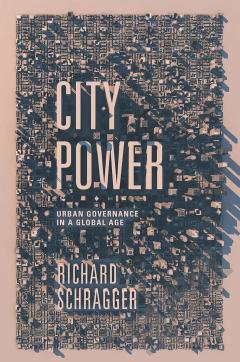
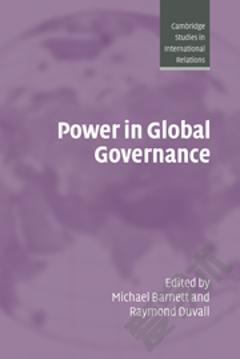
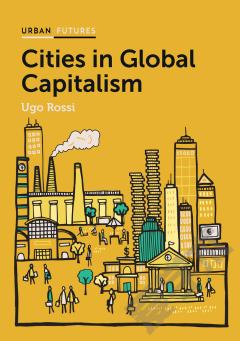

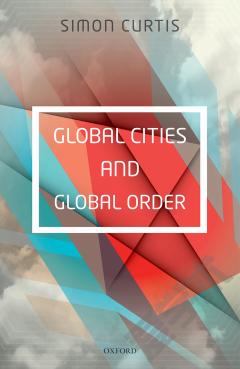
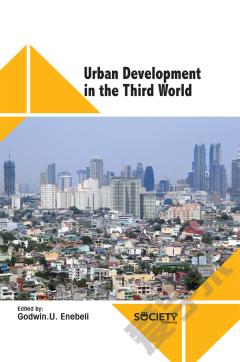
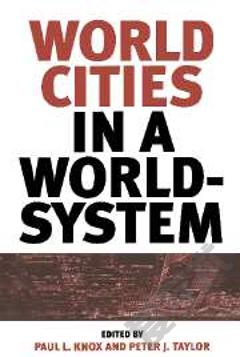

 京公网安备 11010802027623号
京公网安备 11010802027623号